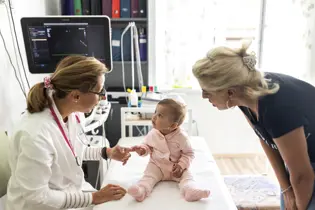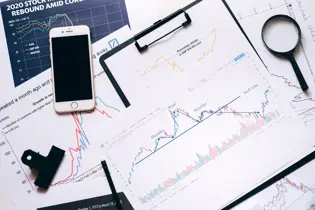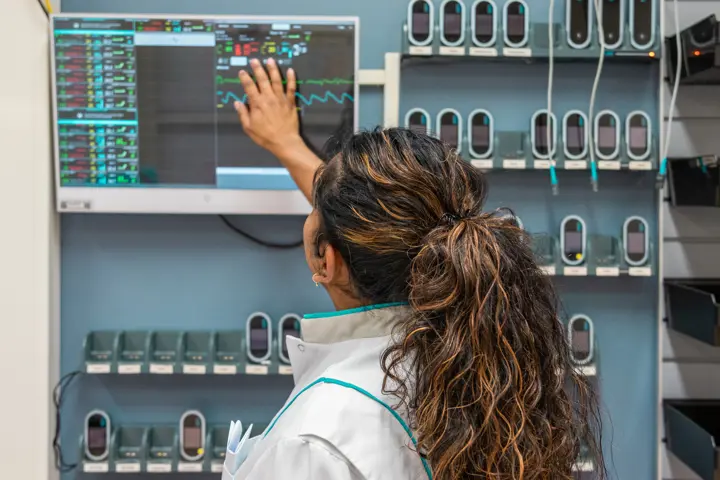European Health Information Gateway
A wealth of information at your fingertips
Country profiles
Find a country that you are interested in and study the data about of this location.
Data
Browse through WHO databases and find the information you are looking for.
Indicators Explorer
The indicators explorer contains indicators from WHO Europe’s Health for All family of databases. The data is collected by WHO Europe in collaboration with the Member States in the WHO European region, and from other relevant international data sources.





